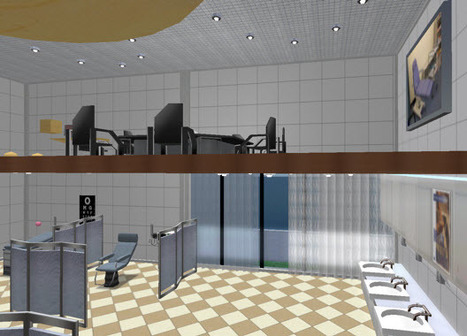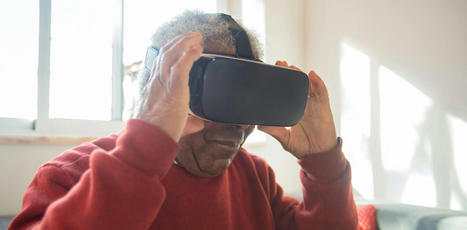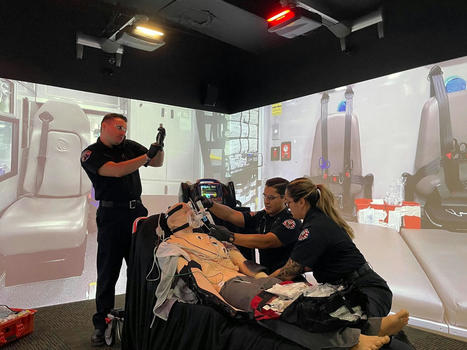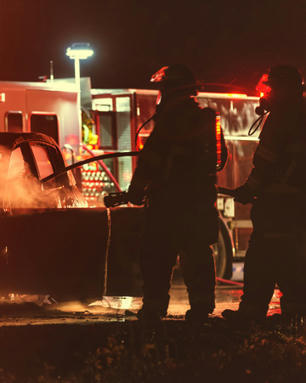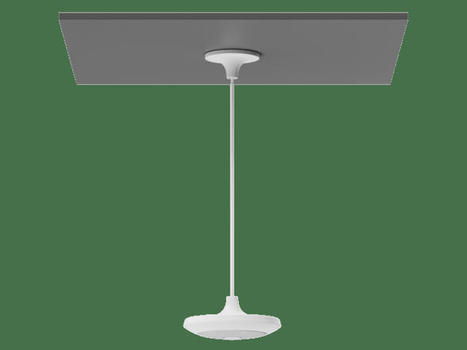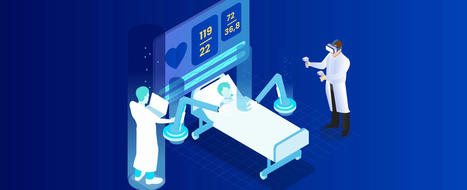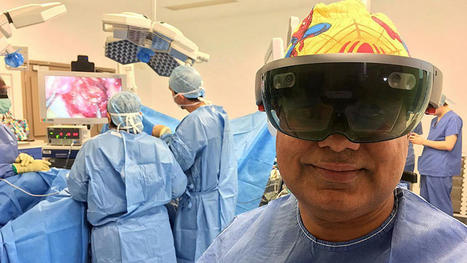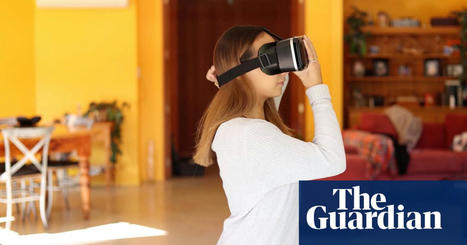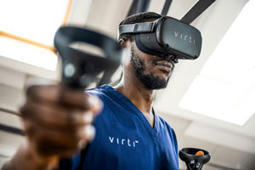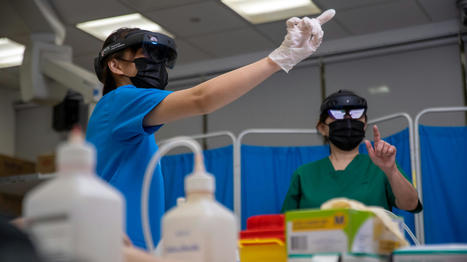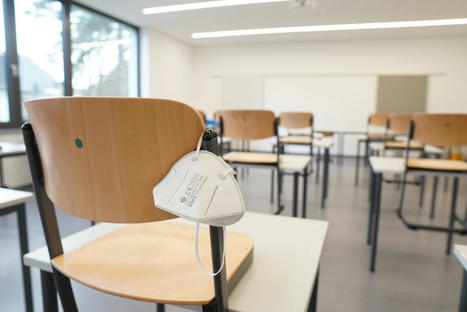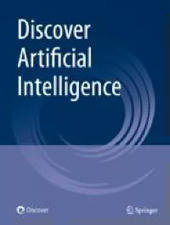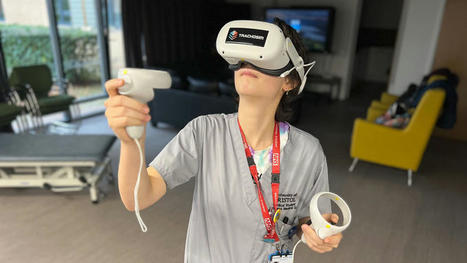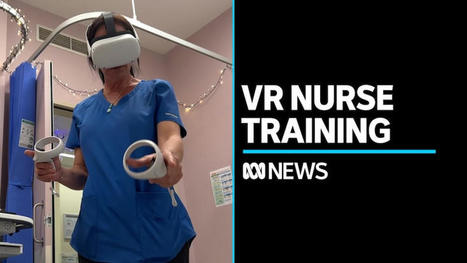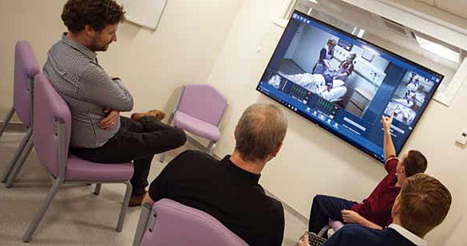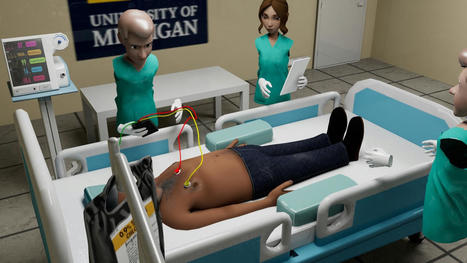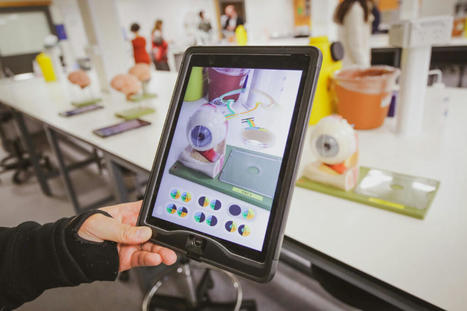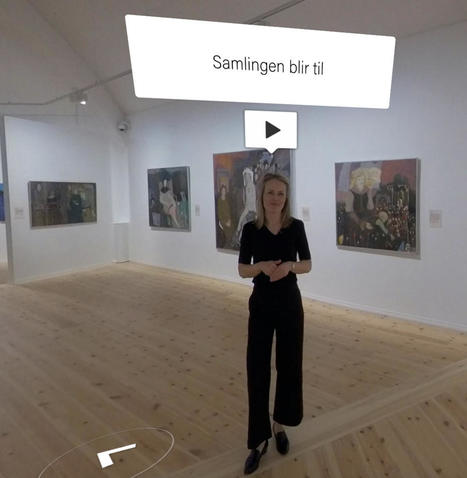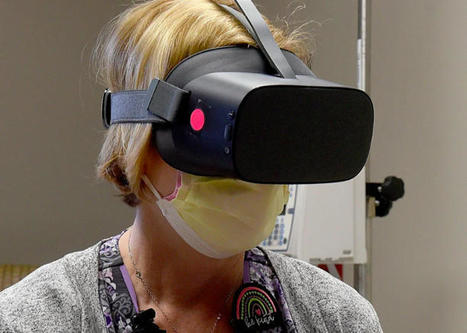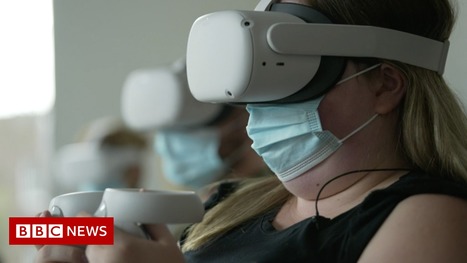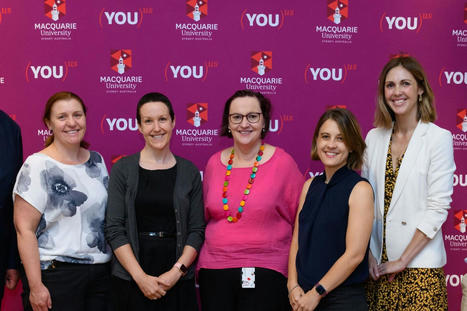Abstract
- Medical simulation is a relatively new teaching modality suitable for medical education at all levels, although its long-term benefits have not yet been validated.
- Simulation allows the participant to practise diagnosis, medical management and behavioural approaches in the care of acutely ill patients in a controlled environment.
- Simulators have achieved widespread acceptance in the fields of anaesthesia, intensive care and emergency medicine. More recently, team training for pre-hospital and within-hospital multidisciplinary medical response teams has become popular.
- The increasing number and diversity of courses at “CASMS” parallels the evolution of simulation centres into regional clinical skills centres elsewhere. Such centres are likely to become a cost-effective means of achieving greater consistency in medical skill acquisition and may improve patient outcomes after medical crises.



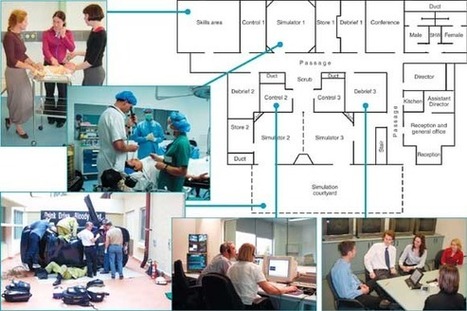


 Your new post is loading...
Your new post is loading...
